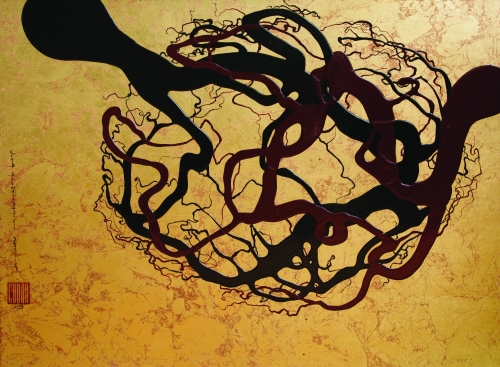
If you get the Sunday Times you probably saw Alissa Quart’s clever op-ed on the backlash against the perfunctory extrapolations and sweeping claims made by popular neuroscience. The danger of false positives in neuroimaging has been brought to the attention of the public eye over the last several years (remember those neuroscientists that imaged brain activity in a dead salmon?). Quart’s piece, however, doesn’t just lay blame on shoddy science and premature conclusions drawn by neuroscientists, it also examines the culture that allows neuroscientific explanations to supplant other viable interpretations of experience.
As a journalist and cultural critic, I applaud the backlash against what is sometimes called brain porn, which raises important questions about this reductionist, sloppy thinking and our willingness to accept seemingly neuroscientific explanations for, well, nearly everything.
Quart points out that a number of neuro doubters—those writers and bloggers, sometimes themselves neuroscientists, who bring attention to the reductivist pitfalls and follies pervasive in mainstream neuroscientific discourse—have been joined humanities scholars who question the way that neuroscience has seeped into their disciplines, engendering new disciplines as far flung as neuroeconomics and neurolaw.
In the current issue of Tricycle, two such neuro doubters—Buddhist scholars Bernard Faure of Columbia University and Donald Lopez of the University of Michigan—take a critical look at the Buddhism and science dialogue. In their essays, both authors (especially Faure) give special attention to the popular obsession with the neurology of Buddhist meditation—a topic that’s become so ubiquitous that David Brooks, for his own Times op-ed, created the neologism “Neural Buddhists.” Since Buddhism has become yoked with neuroscience for many, what Buddhist cultural critics like Faure and Lopez have to say might well have significance not only within the Buddhist community but also in this larger discussion.
You can read Quart’s New York Times op-ed here. And, if you haven’t yet seen the features “A Gray Matter” by Bernard Faure and “The Scientific Buddha” by Donald Lopez in the current issue, be sure to check those out.
Read a follow up to this post here.